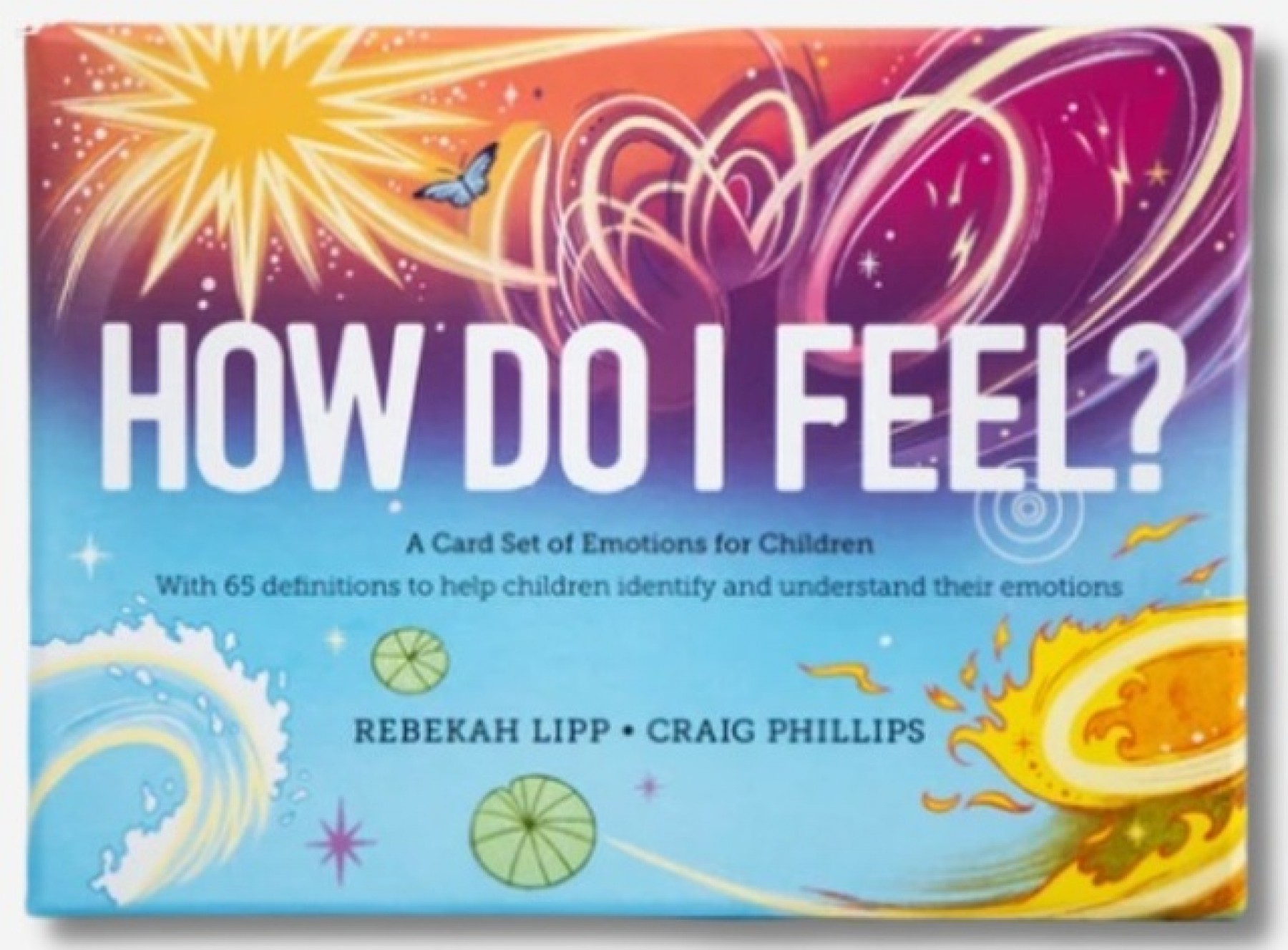I love discovering new and different ways to talk about emotions, so you can imagine my delight when these resources landed on my desk.
I won’t spend much time discussing the boardbook - it’s a wonderful book for little ones, and if we’re talking to tamariki early about emotions and building their emotional literacy, we’re only ever doing great things to help them understand emotions, talk about them, regulate and eventually empathise. So big thumbs up to the boardbook, but it’s the cards I want to completely rave about!
I had a quick flick through the cards. I always spend my time looking at the illustrations but then I had an idea for how to use them. My near 7 year old daughter has recently learned she was going into the senior hub of her school. She has a January birthday which means she can either be one of the oldest or one of the youngest in her year group, and it’s in year 3 that schools tend to make these types of decisions. She is heading up, while many of her friends will remain as juniors. So with my therapy hat on, I gave her the cards to work through all her feelings.
I didn't need to do anything. She took the cards up to my bed and studied them hard, laying them out one by one. She talked about the emotions she was feeling as she discovered them, spending time with ‘Worry’ and looking for how she would like to feel instead. ‘Acceptance’ was her goal. We discussed what it might take to move from worry to acceptance. She had loads of ideas and now we’re working a bit more on learning to tell the time (she’d found that tricky but she thought seniors should know this, and we’ve made an appointment to meet her new teacher and visit the classroom before school starts).
How amazing is that?
I reviewed Aroha’s Way many years ago with my middle daughter who, upon seeing Aroha, exclaimed “She looks like me!” The same has happened for my youngest with these cards. Studying one, she exclaimed “She looks like me!” This is incredibly powerful. The card was ‘Wonder’, meaning we could start to explore what it might be like if she had a great time on her first day back at school, and ‘wonder’ what it might feel like if she knew how to tell the time. It was the most positive and powerful kōrero we could have had and – wasn't even prompted by me —someone who should know a thing or two about emotion-based resource use —but by her and the cards.
That day, she gave me some cards after asking how I felt and where I’d like to move to, so I had ‘Aroha’ and ‘Contentment’ propped up on my laptop screen for the day. During a Zoom meeting my colleague was asked how she was feeling and she was given ‘Calm’ as an option. My colleague said she might go to the beach to help her feel calm and it was agreed this was a good approach.
I couldn’t believe that my near 7 year old was now a therapist! Before the Zoom with my colleague ended, my daughter noticed the clothing on ‘Wonder’ and went off to dress the same.
Wonder hasn’t joined the rest of the pack again yet. I find her all over the house helping my little girl to process and find ways to manage.
How do I feel? Grateful. Oh, and Amazed!
Anna Mowat has a background in psychology and works as part of the All Right? wellbeing campaign brought about post-Christchurch earthquakes. Here she leads Sparklers, a school and whānau website dedicated to actively teaching tamariki about their mental health and wellbeing in fun ways

